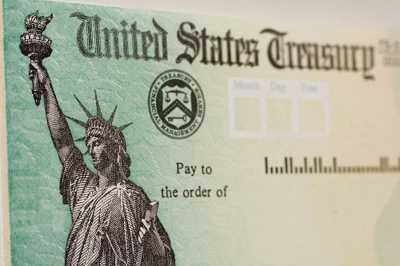 NEW YORK: US Treasury yields fell to three-and-a-half month lows on Thursday as falling oil and stock prices increased demand for safe haven debt amid concerns about global growth.
NEW YORK: US Treasury yields fell to three-and-a-half month lows on Thursday as falling oil and stock prices increased demand for safe haven debt amid concerns about global growth.
British and German sovereign debt yields fell to record lows on Thursday, driven by concerns about Britain's referendum on European Union membership later this month and the European Central Bank's commencement of its corporate bond purchase program.
That has further increased the attractiveness of Treasuries, which offer far higher yields than European, Japanese and other major sovereign bonds as the US economy shows greater strength than those nations.
"It's a demand for securities and yield," said Tom Tucci, head of Treasuries trading at CIBC in New York.
Benchmark US 10-year notes gained 1/32 in price to yield 1.671 percent, the lowest since February 24.
The yield curve between two-year and 10-year notes flattened, which is sometimes viewed as an indicator of weakening growth. The curve flattened by 3 basis points to 89 basis points, near its lowest levels since 2008.
British 10-year gilt yields struck a record low of 1.224 percent on Thursday while 10-year German bund yields dropped to a record low 0.032 percent.
Demand for higher yields helped the US government sell $20 billion in 10-year notes to record demand from investment funds, foreign central banks and other indirect bidders on Wednesday.
That demand may flow through to a $12 billion sale of 30-year bonds on Thursday, the final auction of $56 billion in coupon-bearing supply this week.
"The auction process shows large bidder participation. Those bidders are mostly international buyers who need the yield," said Tucci.
Investors this week have shown a preference for longer-dated bonds, after indirect bidders reduced participation in a $24 billion sale of three-year notes on Tuesday.
Investors are also focused on next week's Federal Reserve meeting, when the US central bank is expected to leave interest rates unchanged.
Traders have pushed back rate-hike expectations to September at the earliest, after Friday's jobs report for May showed that employers added only 38,000 positions in the month, the smallest gain since September 2010.
Yields briefly edged higher after data on Thursday showed that the number of Americans filing for unemployment benefits unexpectedly fell last week, pointing to sustained strength in the labor market despite a sharp slowdown in hiring last month.


























Comments
Comments are closed.